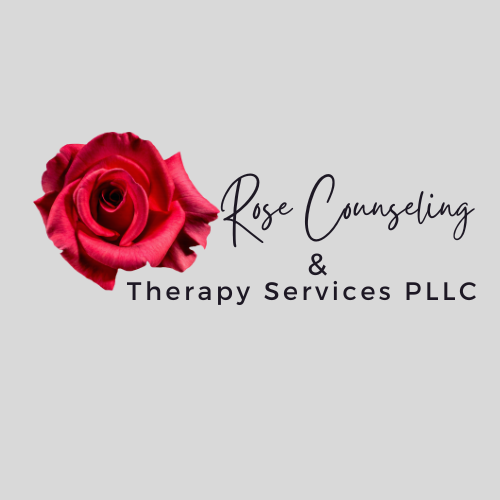Tips For Finding A Good Therapist
While many therapists offer services, finding someone you like may take time. Here are a few tips for finding a good therapist for yourself.
1. Look to see if the therapist is licensed. Each state establishes licensure and ensures therapists are competent to provide services. Some requirements must be met before a license is granted.
2. Decide on what and how you would like to pay for therapy (out of pocket or use your insurance). Remember that if you use insurance, you may be limited in the number of sessions you can have.
3. Determine what you need help with or want to accomplish in therapy. There are many reasons to see a therapist. Knowing what you want allows you to be matched with the therapist's expertise. For example, if you are having problems within your marriage, a Couple/Family Therapist would be beneficial.
4. Talk to a prospective Therapist. Learning about a person online or through second-hand information can be limiting. Most therapists offer free 10-15-minute consultations. Ask questions, such as the kind of therapy provided and theoretical orientation. Find out if the therapist offers in-person or telehealth (online services) and what city they are in.
5. Try therapy for at least 3-6 sessions if you can work with the therapist. Remember that some discomfort is normal, especially if it's your first therapy session. Things to notice as you talk with your therapist:
· Does the therapist interrupt you, or do they listen carefully to what you’re saying?
· Does the therapist respect your time by being prompt to appointments?
· Does the therapist brush off or invalidate your concerns?
· Do you feel seen, heard, and respected during your session?
6. Ask someone you trust for help. Referrals from friends, colleagues, or a doctor you trust are an excellent way to find a therapist.
7. Research Therapist Specializations: Research the therapist's specializations and areas of expertise. Each therapist has unique skills and experiences; finding one whose specialization aligns with your needs can be beneficial.
8. Consider Therapy Modalities Therapists use different modalities, each with its approach and techniques. Research different therapy modalities to understand what resonates with you, such as cognitive-behavioral therapy (CBT), psychodynamic therapy, or mindfulness-based therapy.
9. Assess Compatibility The therapeutic relationship is vital to therapy success. During your initial sessions, pay attention to the dynamics between you and the therapist. Assess whether you feel a sense of trust, openness, and comfort. A good therapist-client fit is crucial for effective communication and collaboration.
Finding a good therapist is a personal and individualized process that may take time, but investing in your well-being is well worth it.
